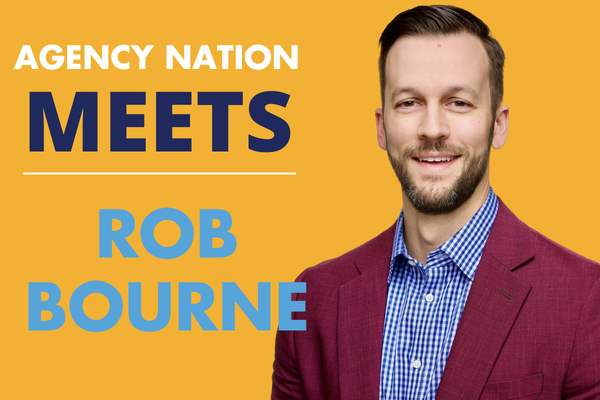Can You Apply Game Theory to Selling?

By: Charles D. Brennan, Jr.
Simply stated, game theory is “the study of mathematical models.” Primarily applicable to the fields of economics, political science and psychology, game theory originally addressed zero-sum games, in which one person’s gains result in another’s loss.
But because game theory is essentially a study of the ways interactions produce outcomes, independent insurance agents can also apply it to selling.
The mathematical theory of games emerged in the mid-1940s from the mind of Nobel Laureate mathematician John Nash, who suggested most players in a game are “rational.” According to Nash, that means we can reasonably anticipate what to expect from each player.
Since that time, application of game theory has evolved as a tool to help determine outcomes based on the predictability of the players and circumstances associated with a scenario or event.
We can apply game theory to not only analyze the various ways a scenario will occur and the motive of the players involved, but also predict the outcome of each player with a high degree of accuracy.
So assuming both a salesperson and customer are rational, the salesperson can use game theory to determine how their interaction with the customer should unfold—and how they can alter it to improve their outcomes for success..
Research has suggested that customers begin interactions 80% of the time with one of the same four opening comments. This predictability and propensity to retain constant patterns and habits can be useful for salespeople.
By taking the time to make a hypothesis about the customer’s comments, reactions and responses in a given situation, a salesperson can enhance their ability to increase their performance. The better adept the salesperson is at this process, the better they will be at answering the following questions:
- “If my customer opens the conversation with __________, I should respond by saying ___________.”
- “If I think competition is doing __________, I should do __________ .”
- “If my competition thinks __________ , what would be the resulting outcome?”
- “If my customer wants to accomplish __________, based on the above assumptions, I should do __________.”
By analyzing possible responses to the above questions, the salesperson can determine the likelihood of wins or losses for each of the most probable responses to the above questions. Completing this task will reveal whether the salesperson needs to alter their approach and mindset moving forward—putting them one step ahead of the other players in the game.
Charles D. Brennan, Jr. is the author of McGraw Hill’s “Take Your Sales to the Next Level” and director of the Brennan Sales Institute, a leading provider of advanced sales training programs.










